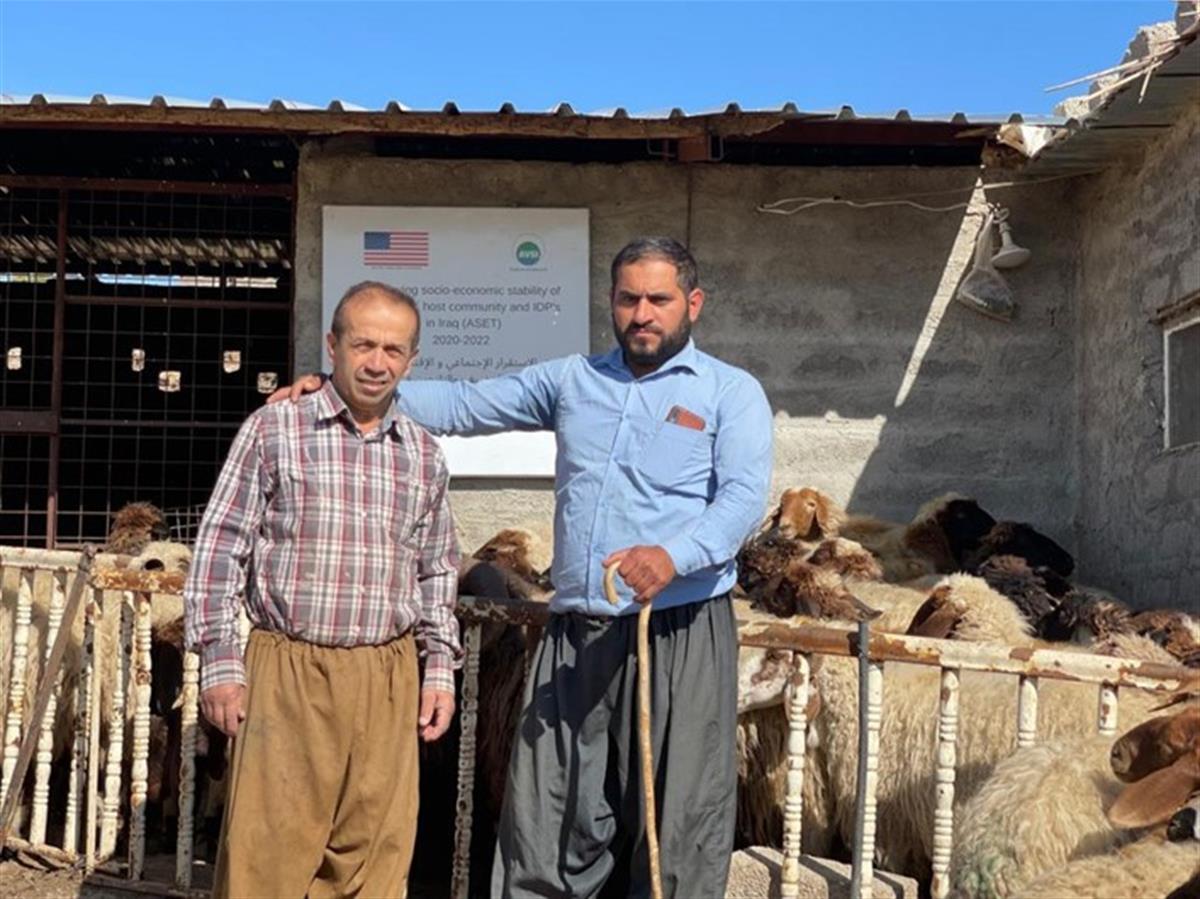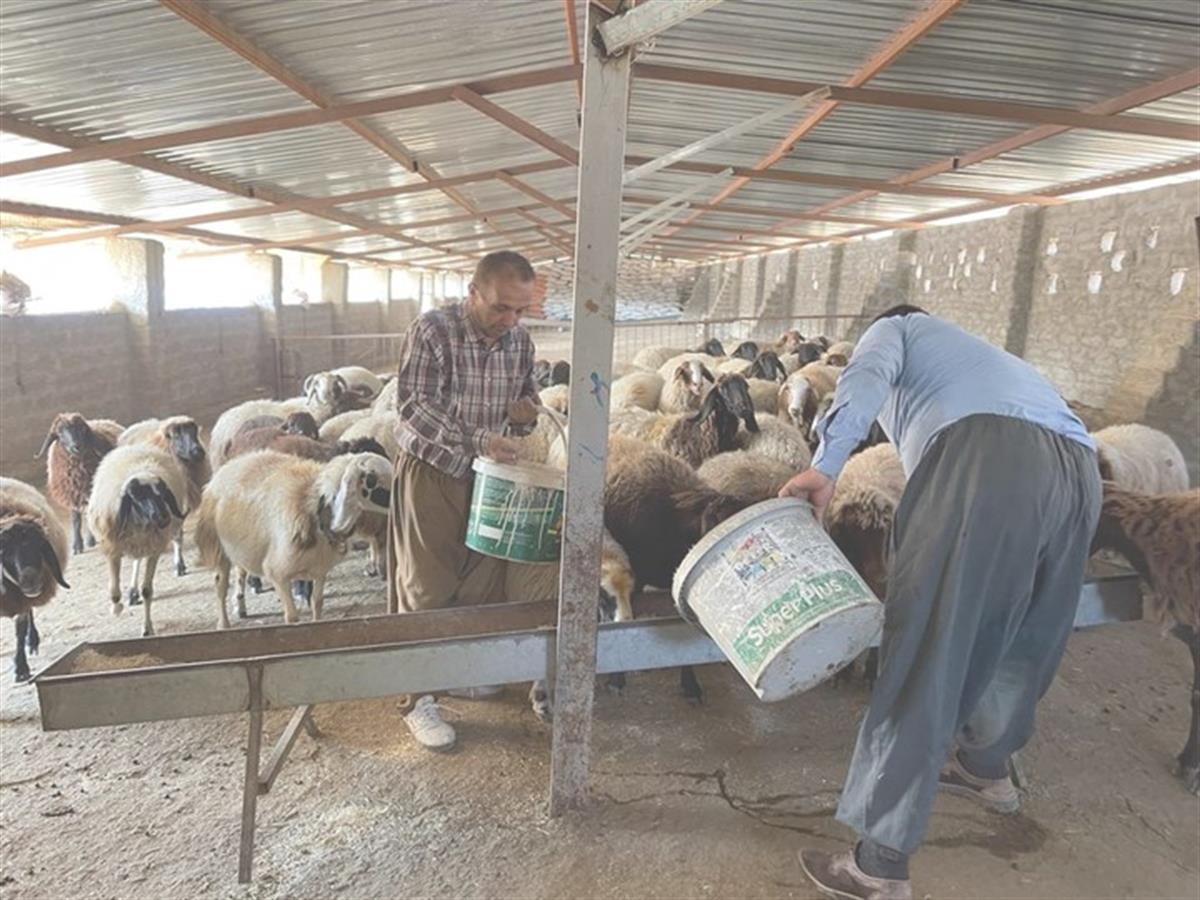In those areas of Iraq which have been invaded by ISIS, hundreds of people were forced to run away and leave everything behind. They lost their homes, livelihood, and any means to rebuild their lives once they had the possibility to come back.
In this context, several recovery projects have been kicked off by AVSI Iraq thanks to funding provided by the U.S. Department of State: Bureau of Population, Refugees, and Migration (BPRM).
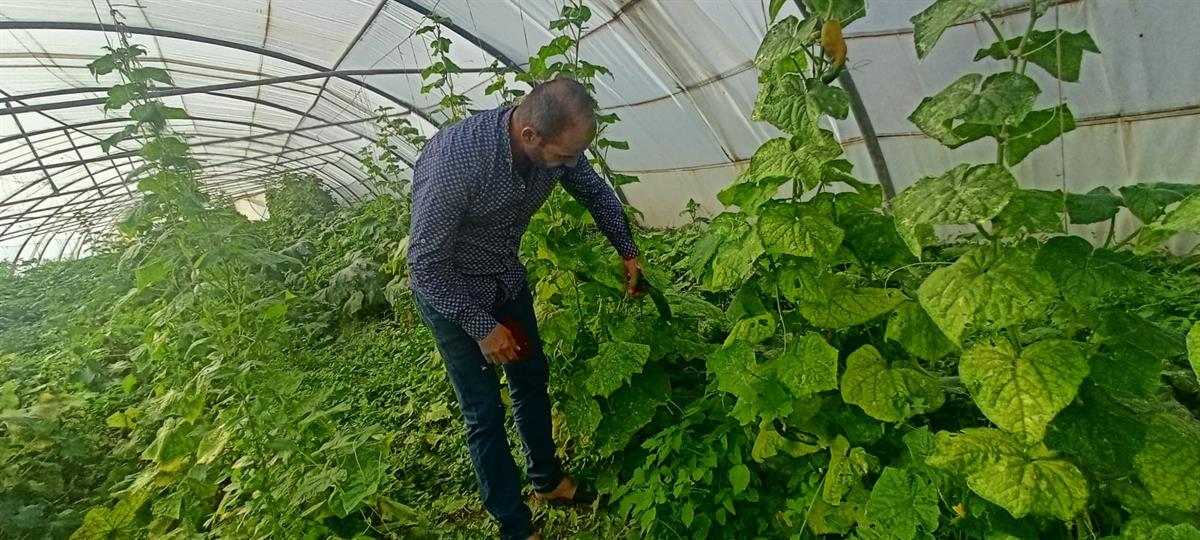
Their main aim is relauching the local economy by providing internally displaced people and returnees with the necessary resources to set their farming and livestock businesses back on track.
Such as that of Leith Aloes, who had always been working in agriculture with his older brother Haitham.
In their farm in Qaraqosh they used to grow many different vegetables, produce crop in greenhouses, and even breed fish in three big tanks.
Being forced to leave all this was very difficult for the two brothers: when they managed to come back, they did not have the resources to fully restart their production.
The project “A virtuous production cycle to re-launch a city and its economy as a fabric for the displaced and returnees to the Nineveh plain, Iraq” gave them seeds, farming tools and the support they needed for their business to thrive again.
Now, 3 years after receiving help, they are diversifing their activities: they sell the eggs of their 1,500 chickens and build a fish tank to breed carps.
Nasser Zakaria Shamoun, too, has a poultry farm: he is one of the longest-running breeders in Qaraqosh.
He and his brothers had to leave their 10,000 chicks behind to escape from ISIS. Their farm was completely destroyed, but thanks to the same project Nasser received help to rebuild it.
In addition, he was given 5,000 chicks, feed, vaccination and veterinary services: now, together with his brothers Wissan and Shamoun, he has 9,000 chickens.
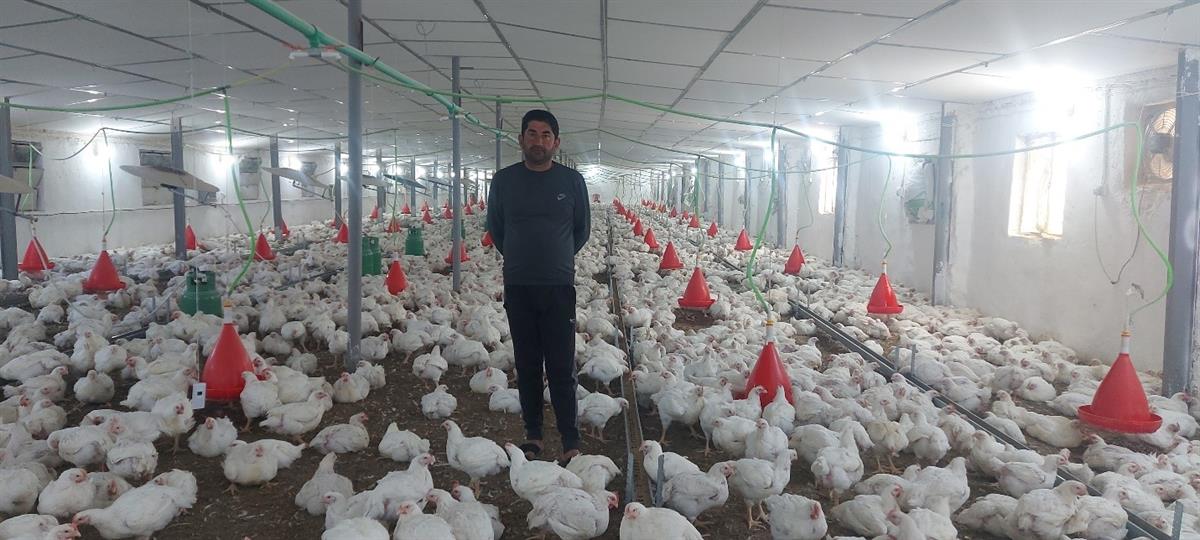
The herd of Nawal Hassan was seized by ISIS, too: she and her husband lost their 96 calves and 16 cows.
While displaced, she lost all hope of ever seeing their business back on track.
But through a second project realized by AVSI in Iraq - “Achieving socio-economic stability of returnees, host community and IDP’s in Iraq (ASET)” - she is now back on the field, milking her cows and selling fresh milk to the villagers.
Her eldest son, Luqman, also loves the family business: he lends them a hand grazing the cows when he is home from school.
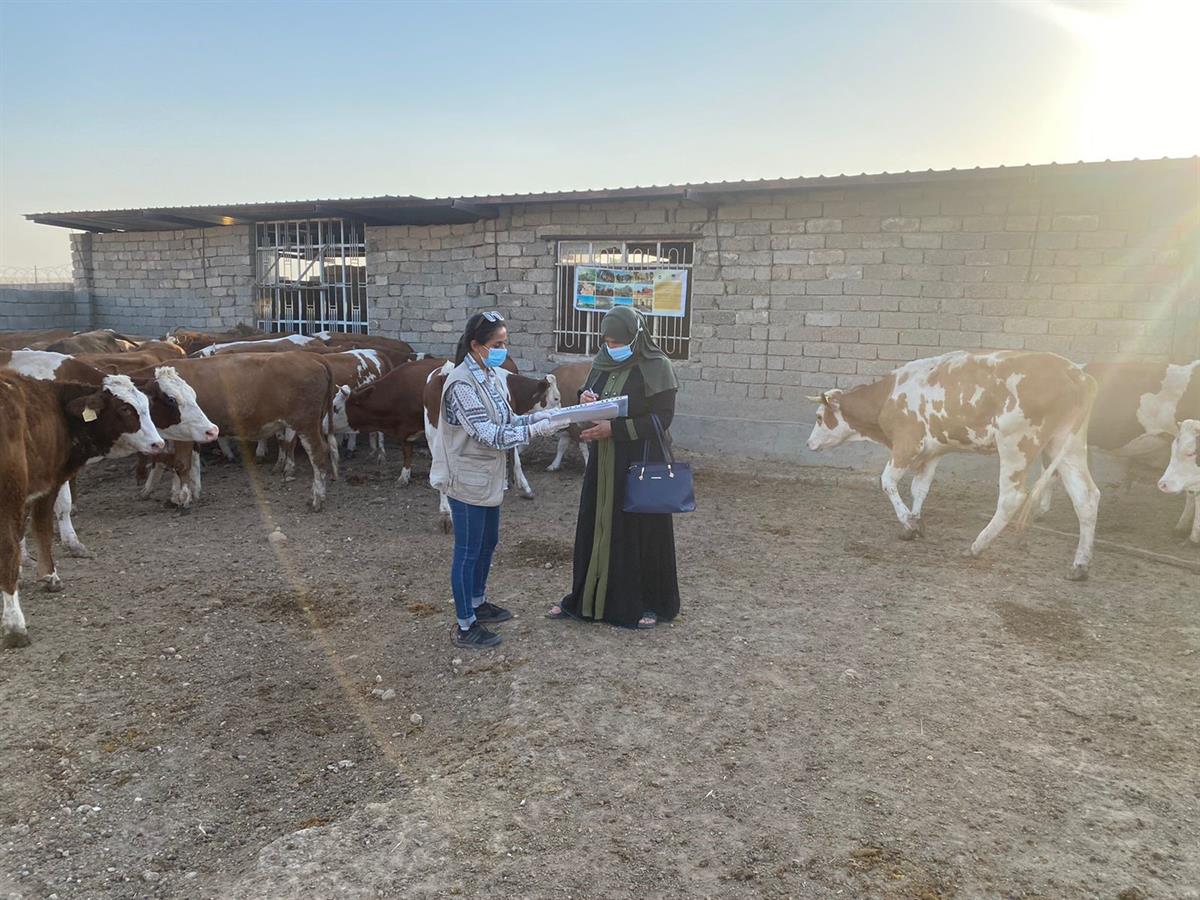
This project is fostering the collaboration between hosting communities and displaced people, creating bonds that will improve their economic and living conditions.
Azad Mahmood Khether is a 29-year-old sheep breeder who ran away from Sinjar: he arrived to Batifa and found refuge in the village of Spindarok, where Tatar Salim Guli lives. Tatar, too, breeds sheeps, but was forced to sell them after ISIS closed the road to Mosul. As a matter of fact, he and his sons used to trade between Mosul and Duhok and were therefore left without a job.
Through this project, Azad and Tatar received 55 sheeps together and participated in technical training to develop their skills. They are partnering in their sheep-breeding activity and already doubled their flock just after 8 months.
